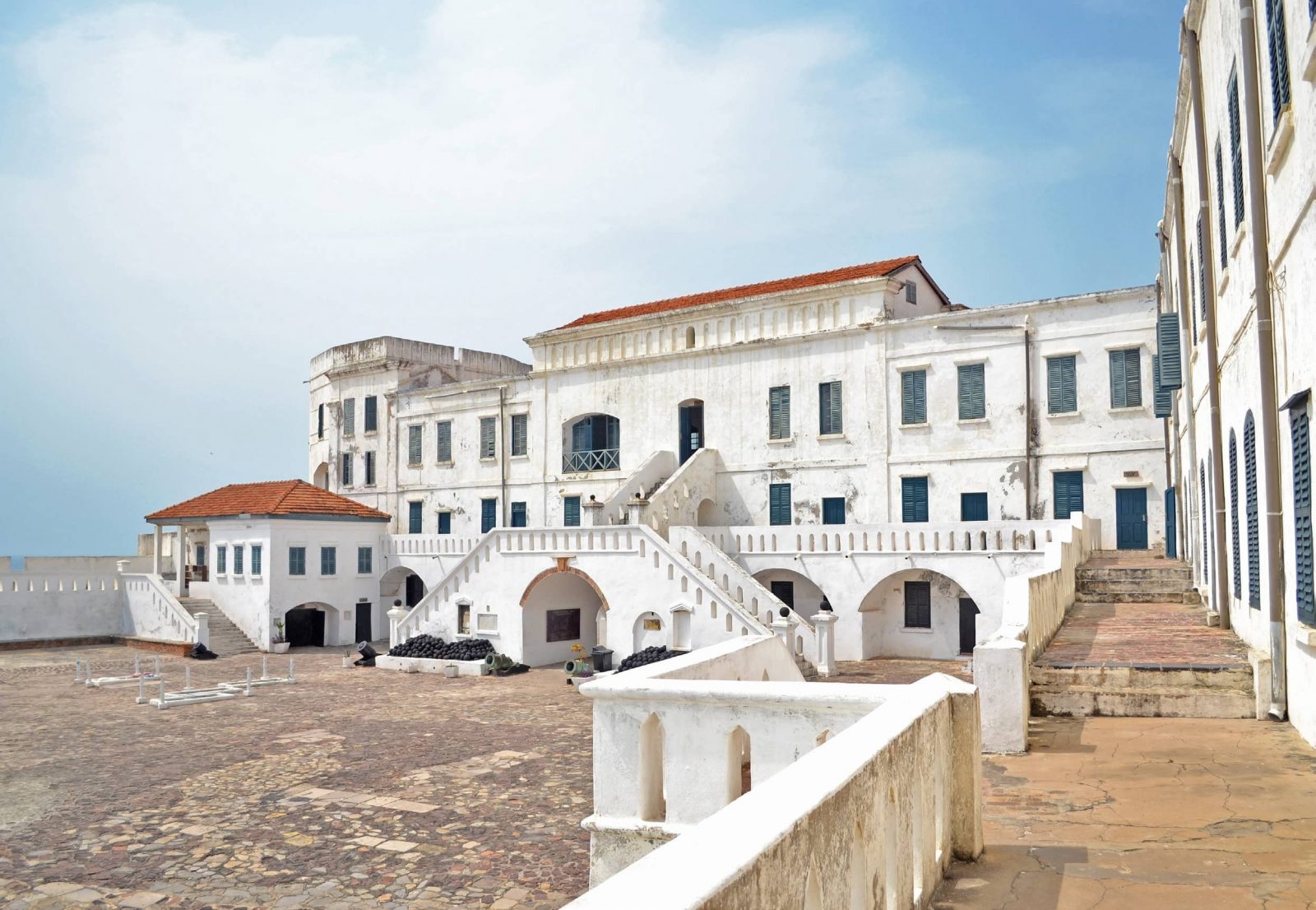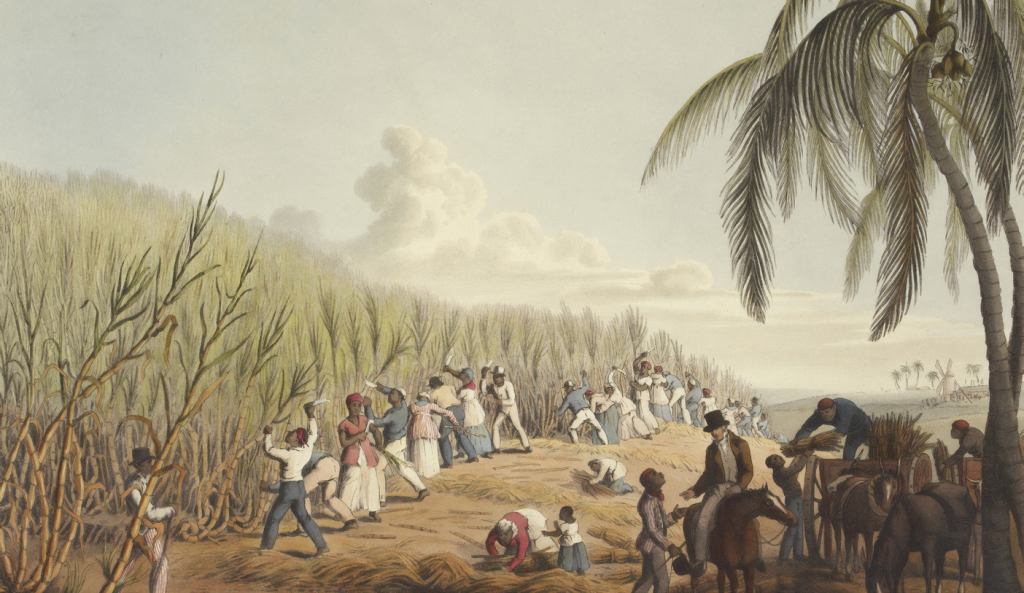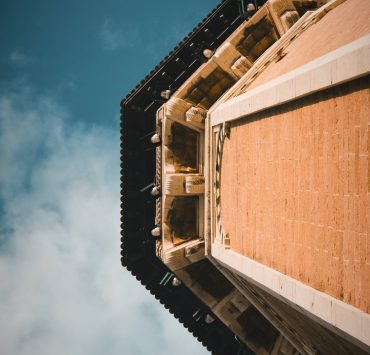House Slave Mentality

Abel Merawi is from Addis Ababa. He is an English…
During slavery, specifically in the US, the slaveholders commonly divided the slaves into two: House Slaves and Field Slaves. The house slaves were those who remained in the slaver’s house to cook, clean and obediently cater for the domineering family. The field slaves, on the other hand, were assigned to work on the plantations, chop wood, build ranches, and to all the field works. While both types of slaves were oppressed and stripped of human dignity, the house slaves gradually considered themselves privileged, as compared to the field slaves. They slowly identified themselves with the slavers, as if they were the surrogate bodies of their masters. The house slaves are characterized as the idolater type, who cry when the slaver is sad, smile when the master is happy, are sickly when the master is ill, or enraged when the slaver is angry. Eventually, they began to despise the field slaves and execute the dirty deeds of the oppressor. The cruelty of the house slaves was equal, and at times, beyond that of the slaver because they lived to impress their masters. In the eyes of the field slaves and all the oppressed of the world, the name ‘house slave’ represents a unique subservient mentality.
The house slaves forgot the shackles of subjugation by comparing their lives with the harsher lives of field slaves. This is a mentality that continues even in the present world, where slavery is abolished but forces of domination persist.
It is a truism to state that neocolonialists continue to oppress the world mentally, culturally, economically, and politically. Nevertheless, their evil intentions would not have materialized without the conscious and subliminal support of the mental house slaves. The house slaves had gone through an evolution when slavery was formally abolished and Africans with the rest of the oppressed nations fought and won their independence. The house slaves transformed physically, but mentally they continue to be an embodiment of the real house slaves. I am tempted to declare that the first mental house slaves appeared in Liberia around 1822. I am referring to freed slaves from the US who settled in Liberia and preserved colonialism by oppressing the native tribes. But then I remember slaves were also sold by local African chieftains to the Western colonizers. If we agree to call the latter ignorant merchants of servitude, we can then call the slave-kings of Liberia the first mental house slaves.
The former slaves ruled Liberia by imitating the ways of their former masters in the USA. They whipped natives just as their white masters whipped them, and set up rubber plantations such as Firestone to satisfy Western greed for resources in a similar fashion to the white colonialists. As they brought their house slave mentality when shipped back to Africa, they became black bodies with spirits that danced to the rhythm of white supremacy. While colonialism enveloped the rest of Africa, only Abyssinia or Ethiopia remained independent, by defeating the colonizer, and dispelling the myth of white supremacy. The battle of Adwa, resonated the independent spirit of Ethiopians through Emperor Menelik II and Empress Tayitu. Inspired by Ethiopia and fed up of domination, Africans were prepared to throw away the shackles of colonization. However, some of the leaders, who led or stole the hard-won independence, were infested with the house slave mentality as they imitated Liberia after independence.

The quest of Africans for freedom ignited all over our continent, and independence was won through the sacrifices of the people. While freedom fighters or leaders played an undeniable role to end colonialism and slavery, we must remember that victory belonged to the millions of Africans who chose death rather than subjugation. We commonly pay homage to great dreams of leaders, but leaders must also pay homage to the people who sacrificed themselves to realize these virtuous dreams. I stress the significance of the people because, in post-independent Africa, many leaders pompously claimed personal victory. Such assumption continues to torment Africa and the world because revolutionary leaders who manifest personal grandiosity inevitably end up tyrants, personifying the very evil they helped to defeat. Ayi Kwei Armah in the novel, ‘The beautyful ones are not yet born’, vividly portrays post-independence Africa by showing how Africa was betrayed by her own children. Truly, the beautiful ones were not and are still not born in many African nations that were and are led by leaders possessed by the house slave mentality. It is sad to see post-independence African leaders that treat their nations as personal property, leaving office only through natural death or bloody revolutions. It is depressing to witness the children of African leaders treating their nations as family inheritances. Above all, it is melancholic to discover the reason behind childish African leaders who fetishize power.
The house slave mentality that runs deep in African political leaders can be attributed to various causes, but each motive is linked to an underlying cause. Admitting that I might be mistaken, I contend that morally and spiritually bankrupt African leaders are driven by (1) a house slave mentality that inspires them to be like their former masters; and (2) a lack of prophetic African vision coupled with lust for personal power and money. Just as Booker T. Washington represents the internal enemy who helped to stunt the revolutionary spirit of African Americans, African leaders too have stifled the African thirst for freedom by oppressing their own people. Some of our leaders, and our intellectuals, were not only Western-educated but Westernized. Even when they led revolutions, their ambitions were anti-revolutionary simply because they fought to make Africa a clone or replica of Europe and the USA. While the children of Africa fought to reclaim their authentic African identity, their leaders were house slaves who idolized their oppressors.
Regrettably, even when leaders such as Thomas Sankara, whose souls were stirred by love of freedom for Africans, had risen to power, it was the house slave usurpers that allied with neocolonialists to kill the revolutionary dream. Until now, the freedom of African nations and the grand dream of Pan Africanism remains just a dream thanks to westernized house slave African leaders.

The house slave may have actually embraced the revolutionary spirits, as did most African leaders who led the anticolonial struggle for independence. But the struggle was formed through the colonial organizational structures. As Mahmood Mamdani in ‘Citizen and Subject: Contemporary Africa and the Legacy of Late Colonialism’ points out, “The form of rule shaped the form of revolt against it.” For this reason, the revolution was, at times, carried out in locally organized ethnic or religious manner. After independence, the local structure is intensified because the leaders identify their role locally rather than nationally. This has given birth to parochialism, when political power translated into sectoral or ethnic hegemony over the rest. Post-independence Africa, accordingly, embraced the ‘divide and rule’ system of colonizers, making them house slaves that perpetuated colonial systems on their own people.
Neocolonialism and westernization continue to menace our continent because house slave mentality remains a mental pestilence of African politicians and intellectuals. Even a historically independent nation like Ethiopia is not safe, since we have our share of house slaves who cannot imagine life without Western ideologies. TPLF and every pseudo intellectual and politician who currently threatens our national unity by seeking western solutions to African problems expresses the house slave mentality. As the former rebels of TPLF came to power with the will and guidance of Western powers, they still function to serve Western demands, which translates into a submissive role for Ethiopia and Africa. Western powers try to sabotage Ethiopia and undermine our current democratic leader, primarily because Ethiopians and the people of Africa have reignited the dream of Pan Africanism.
Even as African nations and their leaders are attacked singularly, the pattern of Western intervention shows that each attack is carried out to undermine the whole of Africa. Mahmood Mamdani emphasizes further, “Every movement of resistance was shaped by the very structure of power against which it rebelled. How it came to understand this historical fact, and the capacity it marshaled to transcend it, set the tone and course of the movement.” For the house slaves, it means organizing and struggling through colonially organized sects and ethnic groups, and favoring these factions by subjugating the rest of the people after victory. For genuine Africans, the organization and resistance assumes a continental shape, and independence is pursued for the unity of Africa. Simply stated, we are attacked as Africans, and so we must struggle as Africans with a vision of unity.
The time for freedom is always the present, and so as Ethiopians and Africans, we should remove the house slaves from the center stage, and allow genuine Africans to voice the tangible aspirations for African independence and unity.
What's Your Reaction?
Abel Merawi is from Addis Ababa. He is an English literature teacher, freelance writer/reporter for Ezega.com and an Amharic-English translator and editor. He also writes for www.msingiafrikamagazine.com. You can reach him via: abelmerawi4@gmail.com











